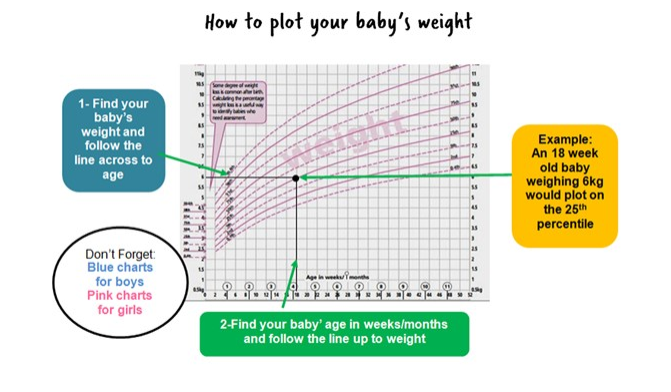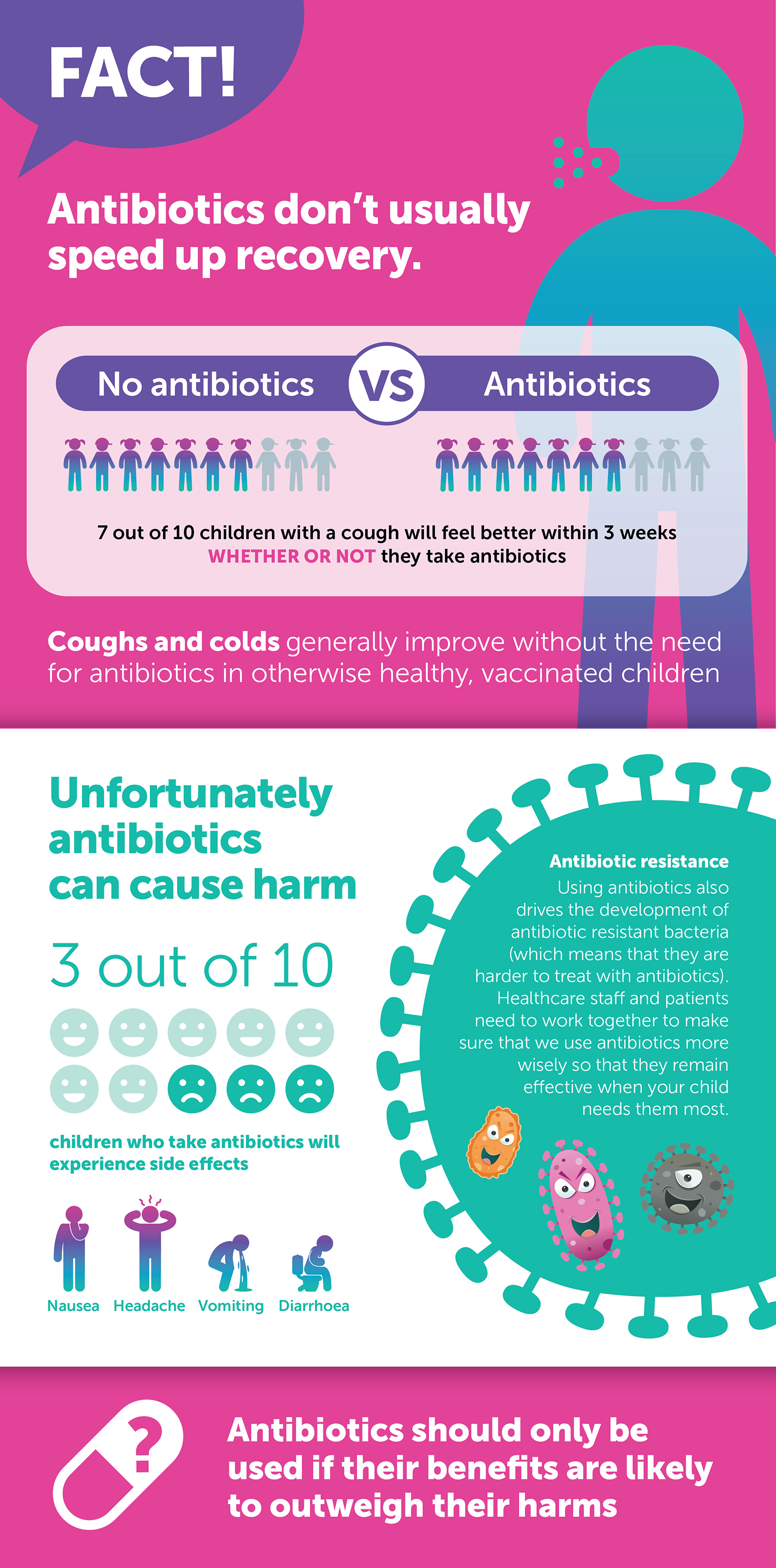when should babies talk nhs
Dont get too excited just yet though as she probably doesnt connect the sounds mama and dada with mum and dad at this age. Try and find time every day when youre away from screens so you can focus on playing and talking with your baby.

Self Weighing Stations Hertfordshire Community Nhs Trust
Around 4 to 6 months your babys sighs will give way to babbling.

. Although many parents may interpret dada and mama as their child labeling them this may not be the case. Talk in a sing-song voice this helps to keep your babys attention. 6 to 12 months.
As you get to know your baby you may be able to distinguish a hunger cry from a sleepy cry for example. 3 to 4 months. Celebrate smile and act excited when they make sounds and smiles.
Dont put anything on the dummy to encourage sucking. This is why it is very important that you narrate as you go about your day. She may also start to use hand gestures to help her communicate with you such as reaching out for toys that grab her attention Sharma and Cockerill 2014.
But by six months your baby will usually have a few ways of communicating. For example she may say mama and dada. Theyll recognise your voice and watch you when you talk smiling and giggling along with people.
At around 2 months babies start. 5 to 6 months. Youre out and about.
From a very early age they will be interested in looking at your face and listening to your voice. Communication skills your baby develops. Before a child can speak she must understand the words she is hearing.
9 stages of skin-to-skin contact. This will help your baby learn words and in time theyll start to copy you. As youll know children develop skills at different rates.
As the weeks go by your baby may begin to make simple sounds and gargles. Of course they have their own ways of communicating with you from birthby crying gurgling sighing cooing and starting around 2 months smiling. Your babys first year will be filled with information gathering.
This helps them find their way to the breast and be ready to feed. 4 6 months Your baby may be able to babble as they reach half-a. Try to stop using a dummy by the time your baby is 10-12 months.
0 5 months Crying is going to be the main form of communication at this stage. For example she may say mama and dada. All babies develop at different rates but it is most common for babies to start babbling by 6 months old.
In regards to talking babies will begin to say recognizable sounds at 7 months then single words around 1 year. At 3 months your baby listens to your voice watches your face as you talk and turns toward other voices sounds. 4 to 6 months.
As your baby gets older add more detail such as Look a. It aims to help you understand the stage at which your child is. Some babies start talking a little earlier or later than others so try not to compare your own child with anyone elses.
Generally this starts to sound more word-like from 9-12 months. Theyll turn towards sounds and get startled by loud noises. Cries differently in different situations.
Some young babies have a dummy to help them settle. If youre feeling stressed or lonely sometimes chatting with your baby can help you feel better. Name and point to things you can both see for example Look a cat.
You may hear the first ma-ma or da-da now and then too. The average age for babies to talk varies a lot but you might hear the first meaningful word or two sometime after the age of 12 months. Youll hear back-of-the-tongue consonant sounds such as g and k and lip sounds m w p and b.
He focuses on familiar words. Speech and language development from 12 to 24 months The aim of this page is to provide parents and carers with information and advice to help their childs speech and language to develop. At about 6 months old they can respond to their name.
Your baby starts to understand speech even before they begin to speak. As your baby gets older try to use the dummy for sleep times only. Baby talk at 3 months.
From around three months your baby may start to babble to herself and respond with sounds when you talk to her Sharma and Cockerill 2014. Theyre just awake and interested. If your child is not.
You could do that when. Your midwife will help you to recognise these stages and follow your babys lead. If breastfeeding isnt for you this is when you give your baby a formula feed in skin contact.
Vocalizes mostly vowels but cooing becomes a little more sophisticated with more varied sounds. She may not understand everything right now but she soon will. The leaflet explains the normal stages of early speech and language development between 12 and 24 months.
This leaves a 5-month window in which it is completely normal for these words to form and for your baby to still be on track developmentally. Though its sure to melt your heart your baby doesnt equate those words with you quite yet. Apart from babbling around 6 months of age when babies start to play with language sounds babies wont say their official first words for a year or so.
Oohs aahs and coos are common noises at this age. 2 to 3 months. After the first few months of baby babble your baby begins to say random words.
To prevent problems later. At about two to four months your baby will begin to respond to the different tones that you may use. Your baby may start to say repetitive sounds and syllables by 6 months.
Read to your baby and talk about the pictures you see. At about nine months old your babys babbling is probably starting to sound more like real words. Listen for baby words like baba dada and yaya.
Talk to your baby about what you are doing. Give your child as much time without the dummy as possible. Your baby will start to babble combining consonants and vowels such as ba-ba or ya-ya.
Your baby will go through 9 stages of instinctive behaviour.

Toddler Speech Development 1 To 2 Years Start For Life

Mvp Queen S On Twitter Queen Wholeness Maternity

George Eliot Nhs On Twitter Each Month We Ll Be Sharing A Spotlight On Maternity Here S What We Did In May 2019 Nhs George Eliot Ways To Communicate

Toddler Speech Development 1 To 2 Years Start For Life

Paediatric Speech And Language Therapy Nhs Ggc

Growth And Your Baby Children And Family Health Surrey

Jpuh Nhs Ft On Twitter Nhs How To Find Out Maternity

50 Nhs Baby Room Temperature Best Paint For Furniture Check More At Http Www Itscultured Com Nhs Ba Sleep Training Baby Baby Care Tips Baby Sleep Schedule

Information For Parents Worcestershire Health And Care Nhs Trust Child Communication Skills Communication Skills Communication Development

Relaxkids Organdonationweek Kids Relax Organ Donor

Cough Colds Under 1 S Healthier Together

Help Your Baby Learn To Talk 6 To 12 Months Start For Life

Games For Babies 0 3 Months Old Activities For Babies Video Video Baby Development Activities Baby Learning Activities Baby Play Activities




